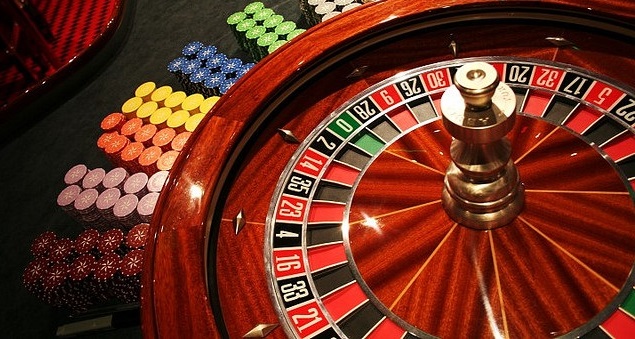Luck, that elusive force that seems to dance between chance and fortune, has captivated the human mind for centuries. In the realm of casinos, where risk meets reward, the psychology behind luck takes center stage. Particularly intriguing is the phenomenon observed in crowded casino games, where the buzz of excitement and the palpable energy seem to amplify the perceived notion of luck. Let’s delve into the intriguing psychology behind the bustling world of ورود به سایت هات بت crowded casino games.
The Aura of Social Proof
Humans are social beings, inherently influenced by the actions and behaviors of those around them. The bustling atmosphere of crowded casino games creates an environment ripe with social proof—the psychological phenomenon where individuals look to the actions of others to determine their own. When a game is surrounded by a crowd of enthusiastic players, it sends a powerful signal that “this is where the action is.”
Witnessing others enjoying apparent success in a game can heighten the belief in its luck. A crowded blackjack table where players cheer a winning hand or a bustling roulette wheel surrounded by excited onlookers reinforces the idea that luck is at play. The more individuals participating, the stronger the belief in the game’s luck, fostering a sense of collective anticipation and excitement.
The Thrill of Shared Emotions
Emotions are contagious, and in a crowded casino setting, emotions run high. The collective thrill experienced when a dice rolls favorably or a slot machine hits a jackpot is amplified amidst a group of excited participants. The shared highs and lows create an emotional rollercoaster that binds individuals in the moment, intensifying the perception of luck.
In such an atmosphere, the line between individual luck and the collective energy of the group blurs. Players often attribute their wins or losses to the prevailing vibe of the crowd, attributing luck not just to their actions but also to the communal emotional state.
The Illusion of Control
The human mind craves a sense of control, especially in situations where chance dominates. In crowded casino games, this desire for control manifests in various ways. Players might believe that joining a crowded table or game increases their odds of winning, attributing a sense of control to their decision to partake in the group activity.
Additionally, the cognitive bias known as the “illusion of control” leads individuals to believe they can influence outcomes despite the randomness inherent in casino games. The lively environment of crowded games can intensify this illusion, fostering a sense of agency and control over luck.
Conclusion
The psychology of luck in crowded casino games is a complex interplay of social influence, shared emotions, and the human need for control in uncertain situations. The bustling energy of a crowded game can heighten the perception of luck, creating an environment where individuals feel interconnected in their pursuit of fortune.
Understanding the psychology behind the allure of crowded casino games offers insights not only into gambling behavior but also into broader aspects of human decision-making and social influence. Whether it’s the vibrant aura of shared emotions or the perceived control amidst chance, the psychology of luck continues to intrigue and fascinate us in the ever-thriving world of casinos.
